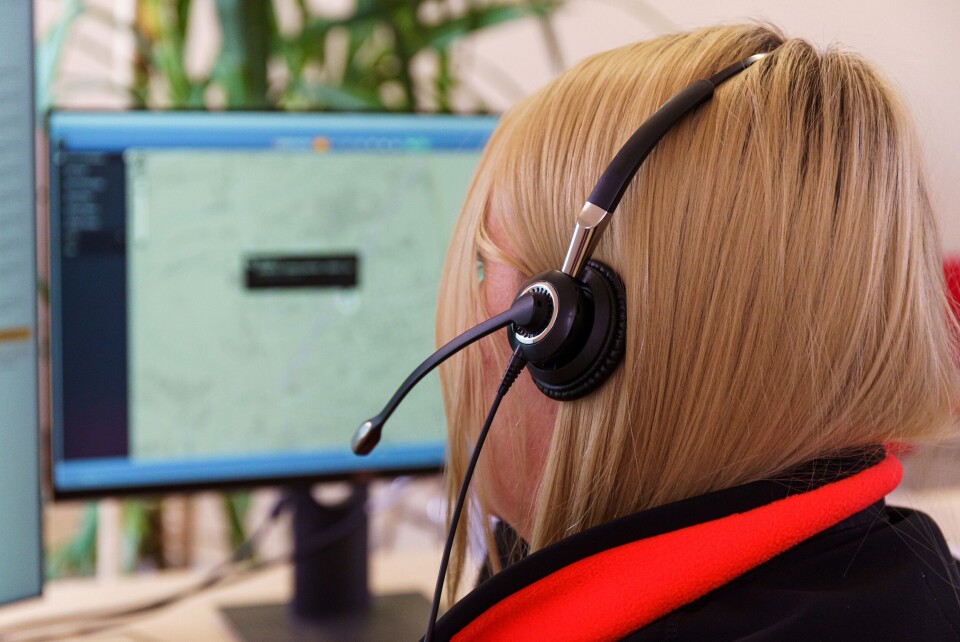-
Transavia to replace Air France for Nice-Orly flights
Up to eight return journeys a day to be offered by the budget carrier
-
Is this the end of free mountain rescue in France?
A new report says that charging for services is ‘legitimate and necessary’
-
How France’s new food strategy aims to change the national diet
The plan outlines new goals for meat consumption
French emergency services: Why it is now harder to reach 15 number
And the options you have if you have difficulty getting through

[Article updated on August 23 at 13:25 with further details of A&E department pressures.]
People in France are advised to call 15 in the case of a medical or health-related emergency but this summer it has become increasingly difficult to get through to speak to someone.
This is because the health ministry has encouraged people to call this number before they think about going to A&E (urgences) as hospitals struggle with staff shortages.
Read more: Non-emergency patients saturating French hospital ‘urgences’
“Before going to urgences services, call your GP, call the Samu, who will direct you to the best place with regards to the illness that you have,” Health Minister François Braun said on July 15.
Figures released earlier this month showed that 20% of people going to A&E did not need to be there and were saturating the system. In July, 95% of French emergency departments stated that they were experiencing "significant difficulties" with regards to bed availability, and 90% said that they were short of staff.
In France, the medical emergency service is managed by Samu (Services d’aide médicale urgente), which has around 100 call centres run by local hospitals and provides emergency response teams for the public.
“Depending on the department, we are observing a 10-30% rise in the number of calls since the beginning of July, in comparison to the three previous months,” co-president of the Association française des assistants de régulation médicale (Afarm), Yann Rouet, told Le Canard enchaîné.
One call centre in Albi (Tarn) has reported receiving 600-1,000 calls each day, an increase of 20% compared to last year.
In theory, 90% of calls to 15 should be picked up in under a minute, but in mid-July, Christophe Prudhomme of Samu 93 said that this percentage had dropped to 8% in Seine-Saint-Denis.
The Samu is currently experiencing a shortage of Assistants de régulation médicale, who man the call centres and give callers advice on the best course of action to take, whether that be consulting a GP or going to A&E.
Afarm has stated that of the 2,500 Samu call centre posts existing in France, 800 are currently vacant, Le Canard enchaîné reports.
Can I call somewhere else if I cannot get through?
If you do need to call 15 and are struggling to get through, you do have several other options.
If it is not an emergency situation, you can call your GP, or if they are unavailable, you can contact SOS Médecins, which will send a doctor to your home instead of an ambulance.
The Maisons médicales de garde (MMG) service also offers out-of-hours services from GPs and other medical professionals but it is not available in all areas of France.
What are the emergency numbers in France?
The three main emergency services in France are linked to three separate phone numbers.
Medical services are available on 15, the police on 17 and the fire service on 18.
All of these services can also be contacted using 112, which is the EU emergency number.
Read more: French government adopts plan for single emergency telephone number
Individual gendarmerie and fire service branches can also be contacted on normal numbers for general enquiries and not regarding an emergency situation.
France is also in the process of deploying FR-Alert, a new system which will notify people of major incidents in their area, by making their phones ring and vibrate, even if they are on silent.
Read more: Floods, terrorist attacks: New mobile alert system in France
Related articles
How to become a volunteer firefighter in France
Heatwave shows a ‘rickety’ French emergency health service in crisis
























